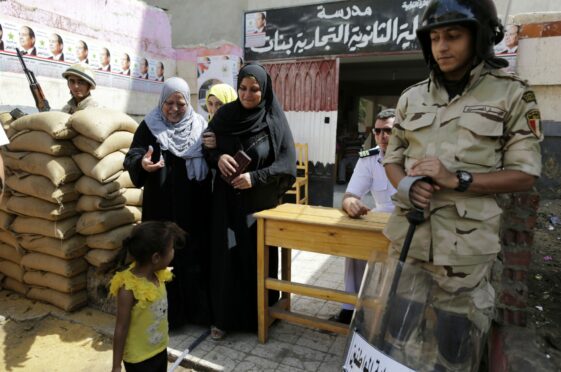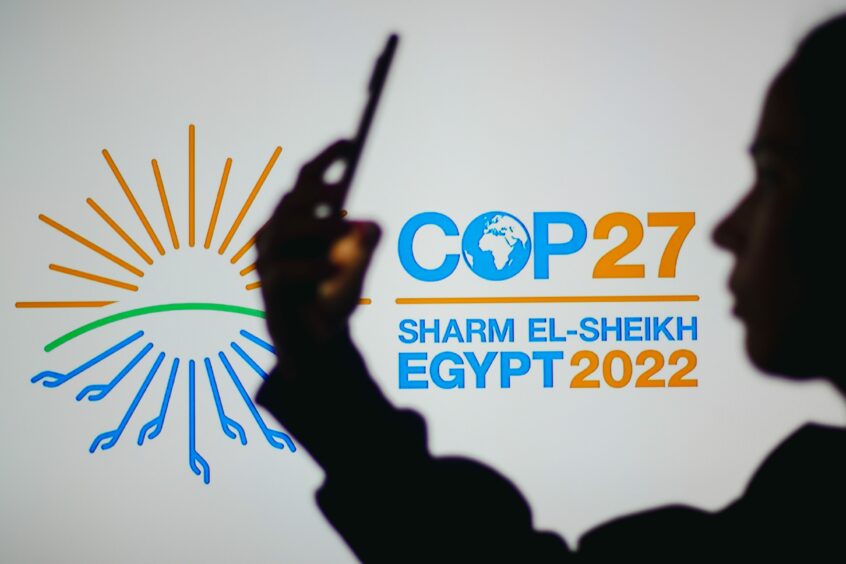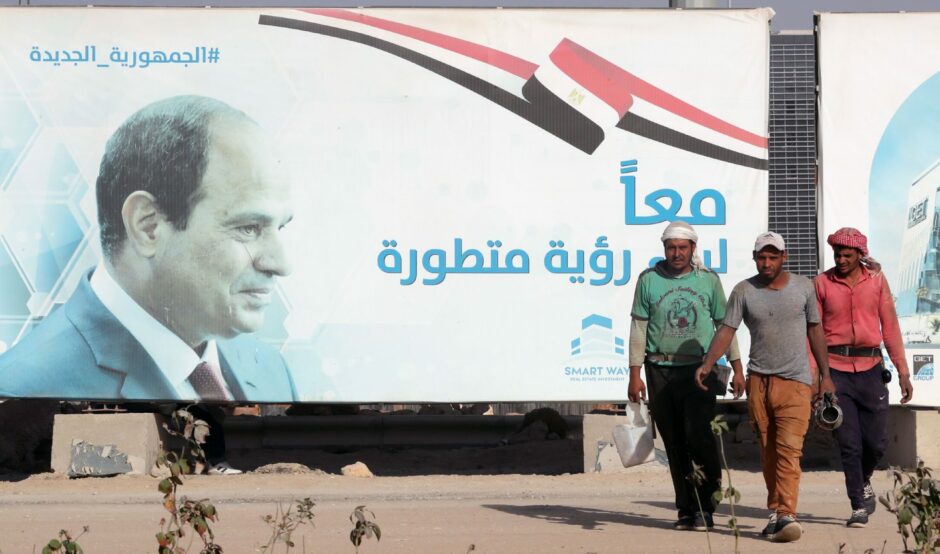
The world’s skies have darkened in the year since Cop26 ended in Glasgow with hopes of significant agreement promising planet-saving action.
Now as the climate summit prepares to land Egypt, hopes will again be kindled that despite war in Ukraine and the unfolding energy crisis, delegates meeting in the Red Sea resort of Sharm El-Sheikh will renew progress towards achieving global net zero emissions and limiting global warming to 1.5°C.
However, while Egyptians living in one of the most polluted countries in Africa welcome the ambition of Cop27, many also hope the conference will be used to highlight other more pressing dangers.
For critics, that list is topped by the brutality of the ruling regime run by President Abdel Fattah el-Sisi, a leader Donald Trump once described as “my favourite dictator”.
As somebody who was reporting from Cairo at the height of the Arab Spring in 2011, I regularly speak to those who have seen dreams of freedom and democracy crumble. They would rather other countries and their leaders boycott el-Sisi’s attempt to “green-wash” his crimes at Cop27, due to open on November 6.
“The world leaders coming to Egypt should be taking a stand against the murderous police state that our country has become,” one academic told me.
“Nobody should be sitting around in a luxury holiday destination talking about green issues when people are being killed and locked up without trial because they oppose the el-Sisi dictatorship.”
The Arab Spring was a time when protest chants included “Be proud – you’re an Egyptian” and “Breathe the fresh air of freedom”. Demonstrations centred on Tahrir Square in Cairo helped depose Hosni Mubarak in just over a fortnight after 30 years of dictatorship, and Mohamed Morsi became Egypt’s first democratically elected president in June 2012.
Within just a year Morsi was removed from power by a military coup, however, as Cairo-born el-Sisi, a retired general and former director of military intelligence, took control.
Atrocities included the Rabaa massacre, when el-Sisi forces attacked Rabaa al-Adawiya and al-Nahda squares in the Egyptian capital on August 14, 2013. Up to 1,000 people were killed and thousands more wounded while staging sit-in protests against el-Sisi.
Supporters of Morsi, the Muslim Brotherhood leader, were the principal victims, and he too “collapsed and died”, according to official regime accounts, while being tried for espionage in a Cairo court in 2019. Many blamed el-Sisi for the death of Morsi, directly or indirectly.
Numerous human rights organisations say that such crimes are now the norm in Egypt, and that Cop27, which is expected to be attended by more than 90 heads of state, will only mitigate them.
Amnesty International said there had been more than a decade of “unrelenting violations of human rights” under el-Sisi, who was now trying to improve his international standing, using events such as Cop27. Among an estimated 60,000 political prisoners being held without trial are numerous journalists, according to multiple sources inside Egypt.
One, a woman aged 38 who supports the Egyptian Campaign for Climate and Democracy, said: “Anybody who opposes the government, including those working in the media, are liable to be roughed up and then arrested without trial. Many face torture and death.
“There are always protesters when environmental conferences are held in free countries like Scotland but that will not be the case in Egypt because they will be kept away and threatened. The situation is scandalous.”
Discussing the Al-Sisi “greenwashing” further, a male dissident aged 62 said: “It has two aims – to distract from the human rights abuses, and to bring in billions in financial aid from much richer countries such as the USA. Most of the money that arrives to treat environmental issues ends up in personal bank accounts. That’s why Cairo is one of the most polluted cities on earth, and why Egypt as a whole is one of the worst greenhouse gas emitters.”
Scientists have measured traffic- congested Cairo’s concentration of PM2.5 – airborne particles that get deep into human lungs and cause them immense harm – as being 12 times higher than the limit set by the World Health Organisation.
Egypt’s energy policy is entirely dependent on fossil fuels, and the country has doubled its production of oil and gas within the last six years.
Clean water shortages are such a chronic problem in the country that there are regular “thirst protests” held, especially in isolated rural communities.
People block roads, including the main ones between major cities, using empty water containers to draw attention to their plight. These demonstrations – as with other forms of dissent – are brutally repressed by the forces of law and order.
A Human Rights Watch report even suggests that professional environmentalists are among those who have been seized away by the army and police.
According to the report: “Outspoken, independent, strident voices have by and large been silenced, exiled, or corralled into working in safe, less damaging environmental spaces that match the government’s priorities.”
All of the activists I speak to certainly all request anonymity, for fear of being arrested and imprisoned.
Despite all this, el-Sisi is taking a very personal interest in Cop27, claiming his country is leading the way on climate action. An Egyptian government spokesman said there were “deplorable and counterproductive” reports circulating, and that “all efforts should be consolidated to ensure the convening of a successful Cop that guarantees the implementation of global climate commitments”.
Those listening to such words before deciding whether they will travel to Egypt will include the incoming prime minister along with other British delegates.

Enjoy the convenience of having The Sunday Post delivered as a digital ePaper straight to your smartphone, tablet or computer.
Subscribe for only £5.49 a month and enjoy all the benefits of the printed paper as a digital replica.
Subscribe
